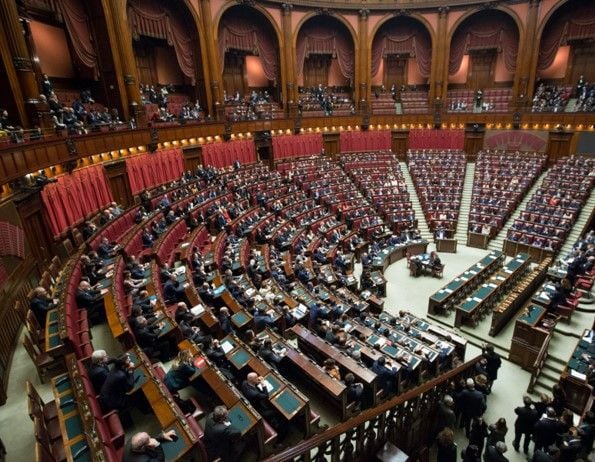Politics
Changing regulations and geopolitical forces significantly impact procurement strategies and supply chain management, necessitating a keen understanding of global political landscapes and regulatory compliance.
- Home /
- Procurement Pathfinder 2024 - Final /
- Politics
Politics
National political regulations and geopolitical trends have a profound impact on the procurement landscape. New regulatory frameworks necessitate a change in procurement activities to ensure compliance while maintaining operational efficacy. In addition, trends such as protectionism, import tariffs, or subsidies for local production, will increase the influence of politics on global trade and supply chains. In this context, supranationalism and increasing regionalisation driven by trade agreements (e.g., EU, USMCA, RCEP) are expected to boost the substitution of global suppliers with local suppliers. In the following chapter, we identified two refined political trends that are analysed in detail: Regulation and Geopolitics
Procurement Pathfinder 2024
Filter
The Macrotrends for Politics
Each macrotrend contains microtrends. Click on the highlighted text below to zoom into each microtrend in detail.
Regulation
Regulation in procurement involves adhering to evolving legal frameworks. This includes ESG Regulation Standards, such as the German Act on Corporate Due Diligence in Supply Chains, and CO2 Regulation, exemplified by the EU Emissions Trading System (ETS) and the EU Carbon Border Adjustment Mechanism (CBAM), which control and reduce carbon emissions.
Geopolitics
Geopolitics involves navigating political dynamics. This includes Public Incentives like the EU Green Deal encouraging green investments, and Regionalisation, where companies shift to regional production, such as Ford restructuring procurement under the USMCA. Tariff and Sanction Actions require adapting strategies, exemplified by Walmart increasing imports from India to avoid US-China tariffs.
Regulation in procurement involves adhering to evolving legal frameworks. This includes ESG Regulation Standards, such as the German Act on Corporate Due Diligence in Supply Chains, and CO2 Regulation, exemplified by the EU Emissions Trading System (ETS) and the EU Carbon Border Adjustment Mechanism (CBAM), which control and reduce carbon emissions.
Geopolitics involves navigating political dynamics. This includes Public Incentives like the EU Green Deal encouraging green investments, and Regionalisation, where companies shift to regional production, such as Ford restructuring procurement under the USMCA. Tariff and Sanction Actions require adapting strategies, exemplified by Walmart increasing imports from India to avoid US-China tariffs.

